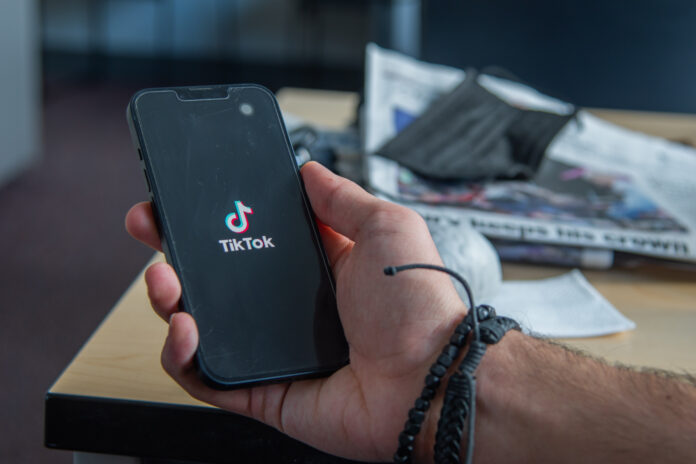In the face of the digital era, social media consumption is an unavoidable part of everyday life. Over the past few months, with the rising popularity of the social media app, TikTok, there has been a spike in trends and trending behaviors.
The power of social media has the potential to popularize negative behaviors. Among those negative behaviors are viral internet challenges like the “devious licks” trends and most recently, the October trend: “smack a staff member.” This trend encourages students to initiate physical violence against their teachers, such as smacking and even kicking them.
This new outrageous trend begs the question: is the next generation of college students influenced by social media ready for college?
The next generation of college students is undoubtedly impacted by social media. Not only are they influenced by the content they see, but they are also influenced by their peers’ participation.
Considering the fact that social media usage is an integral mode of communication for teenagers, it is not a surprising revelation that nine out of 10 teens age 13 to 17 use social media platforms and most, 71 percent, use more than one.
Their rate of consumption, coupled with the general knowledge of how many of those belonging to this age group behave, makes it apparent as to why teenagers are among those who predominantly participate in internet trends. Additionally, the need to complete an internet challenge is not solely based on immaturity or internet consumption.
In the article “Why Are Social Media Challenges So Popular with Teens?” from Parent Samurai, Shannon Betts argues that participation gives teens a sense of belonging amongst their friends and community of internet mutuals. Their avid participation might even be driven by a desire to fit in with peers, gain popularity and sometimes even to defy their parents. It’s understandable, but it’s also safe to say that a lot of immature internet-influenced behavior dies out when teenagers begin the pursuit of their higher education.
The environment surrounding universities is different than the one that pervades high schools and middle schools. Not only are incoming undergraduate freshmen entering a new chapter in their lives, but they are held to a higher behavioral standard compared to what they might have been held to in high school. Smacking a staff member in high school versus smacking a staff member in college are two completely different scenarios and will yield very different consequences.
Students who attend college are more likely to want to actually be there, it is very rare to see a student willingly and knowingly put their education at risk, especially for an internet challenge.
The next generation of college students might be participating in weird internet challenges, but when it’s time to attend college, they will have already grown out of these easily influenced behaviors, either by their own will or because they are forced to do so by the academic and behavioral environment surrounding them.

